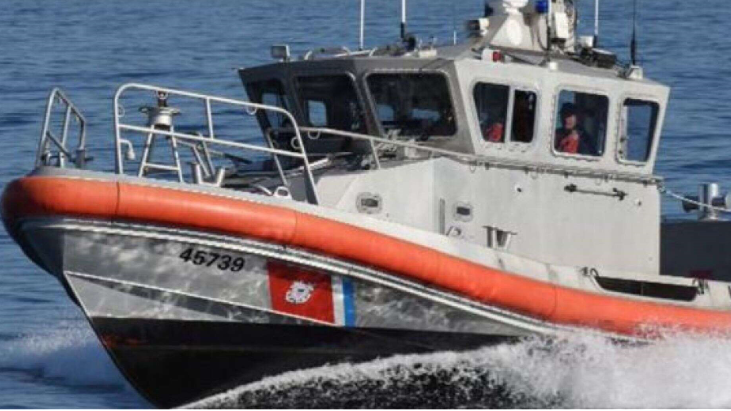
Boat operators have lamented an astronomical rise in the prices of spare parts, which has caused water transport fares to soar.
The National Bureau of Statistics, in its recent report, said that there was a 30.7 per cent increase in water transport in Nigeria between May and June.
The NBS in the report titled ‘Transport Fare Watch’ said, “For water transport that is waterway passenger transportation, the average fare paid in June 2023 increased to N1,366.22 from N1,045.15 in May 2023. On a year-on-year basis, it increased by 44.84 per cent from N943.26 in June 2022.”
Reacting to this, the former Lagos State Secretary of the Association of Tourist Boats and Waterways Transport of Nigeria, Daniel Eze, said, “The engine (200 horsepower) that we used to buy for N2m five years ago, today you can’t get that same engine capacity at N11m. So, everything in the boat business has actually gone up, in terms of the parts, maintenance, and even the regulators’ fees.”
He added that there was an increase in the operational cost for boat operators, which may propel them to further review fares upward.
“Let us look at the ones you can relate to, which is fundamental and that is fuel. When picking up passengers at the rate of N700 from Ikorodu to CMS or Lagos Island, the price of fuel was around N165 at that time. So, compare it with what they sell now. The fare now is N1,200 from Ikorodu to Lagos Island. We were even supposed to raise the fare, but we considered our passengers and that is why we reduced the fares.”
He, however, pleaded with the Lagos State government to extend the palliatives given to LAGFERRY to private operators.
“We are asking the state government to at least subside some things for us. They did it for LAGFERRY, they should equally do it for us. Apart from the fundamentals, which are the primaries, you look at the spare parts.
“You know when it comes to pricing; there are factors you consider like market prices. Secondly, you have to consider your competitors. And our competitor in this industry is the road, and there we have the BRTs and the commercial bus. So, we thought of increasing the price which of course we did we increased it to N1,500, but you know the passengers have an association.”
According to him, the passengers’ association approached the boat operators to plead with them not to further increase fares.
“So after that, we considered the situation that the boat parties were going through and we now agreed on N1, 200. So, if there would be any increases in the future, it would be maybe if the prices of fuel, engine, and spare parts keep rising. Some of our members have parked their boats. If you cannot cope with the challenges, you will park your boat,” Eze said.
Meanwhile, the National Chairman of the United Water Passengers Association, Mr Pius Agbude, lamented that despite the fact that boat operators were directly affected by the subsidy removal, they do not receive any palliative.
He said, “All costs have gone up almost by a similar percentage across the entire economy. However, the boat operators sadly have no subsidy or palliative of any kind and their business is directly affected by the removal of petroleum subsidies and the collapse of the dual exchange rate system. So, the dollar issue has made the boat engines and spare parts very expensive. Fuel and lubricating oils are their daily consumables. So, it is not a surprise that boat fares shot up.”
Agbude pleaded with the Federal Government to think through a subsidy system that would work for the local operators because they carry the bulk of the passengers.
“We would love the government to think through a subsidy system that would work for the boat local operators because they carry the bulk of the passengers. Because if the economy chases them off the waters, passengers can no longer afford them, then, they will close down. So, ultimately the passengers would suffer with attendant implication of road congestion as more of the passengers would go back to the roads either with their cars or join other public services on the road and a surge in road usage will occur,” he added.
According to him, when the subsidy was removed they moved it from N1,500 to N3,000, but it was not sustainable as passengers migrated to the road.
He said the boat operators were forced to review fares downward to N2,000.





